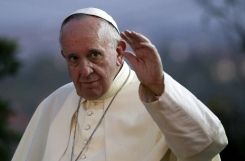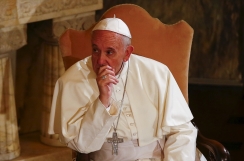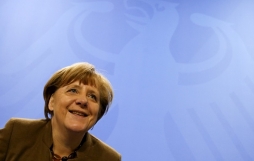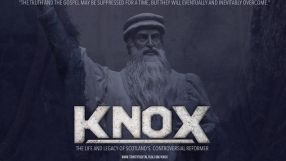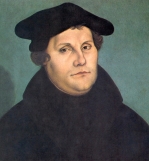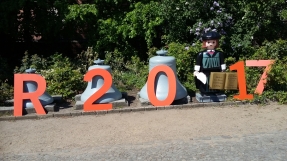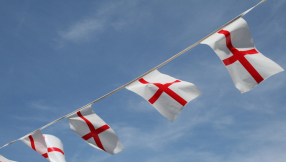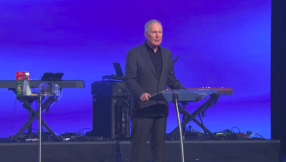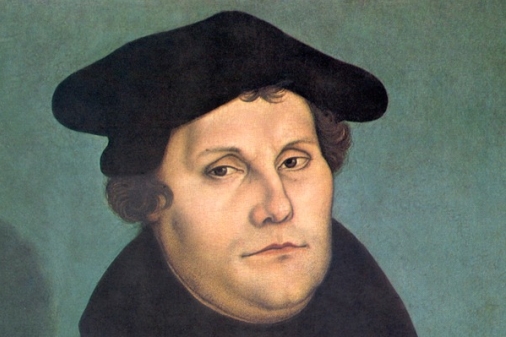
With the 500th anniversary of the start of the Reformation in 2017, Catholic Bishops in Germany have reached out to Protestants.
They've released a new report, which speaks warmly about Martin Luther – the founder of the German Reformation – while also addressing some of the key theological disputes between Catholics and Lutherans.
Bishop Gerhard Feige said the "Catholic Church may recognize today what was important in the Reformation – namely, that Sacred Scripture is the center and standard for all Christian life." Given that this was one of the main disputes at stake during the schism, this is a major olive branch from the Catholic Bishops.
He also said, "Connected with this is Martin Luther's fundamental insight that God's self-revelation in Jesus Christ for the salvation of the people is proclaimed in the Gospel – that Jesus Christ is the center of Scripture and the only mediator."
The role of Scripture and the perception that Catholics thought there were others who mediated between humans and God (than Jesus) were two of the major dividing lines between Protestants and Catholics for centuries.
With the 500th anniversary of the Reformation approaching, ecumenical efforts are stepping up. There have already been theological and doctrinal agreements between the Lutheran Church and the Roman Catholic Church over the last 40 years. Now though, it seems both churches (who between them claim more than half of all Germans as members) are preparing to put on a show of unity.
The role of Martin Luther is important. Having been a Catholic Priest, he was denounced as a heretic when he nailed his 95 Theses to the church door in Wittenberg (the event from 499 years ago which will be commemorated in 2017). Now, though, the document describes him as, "a religious pathfinder, Gospel witness and teacher of the faith."










